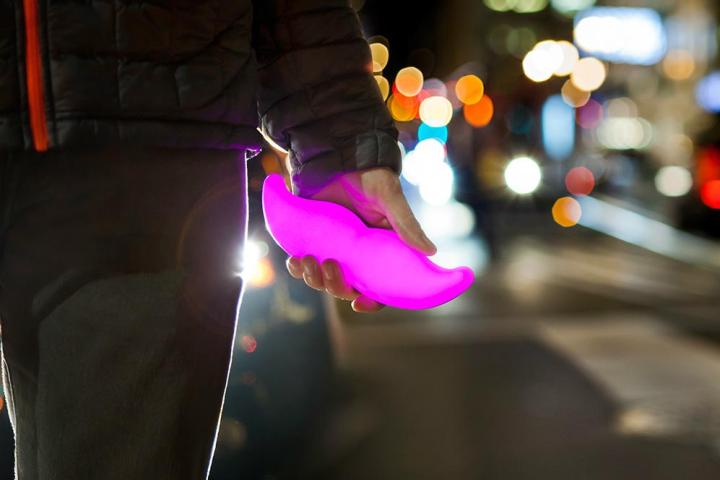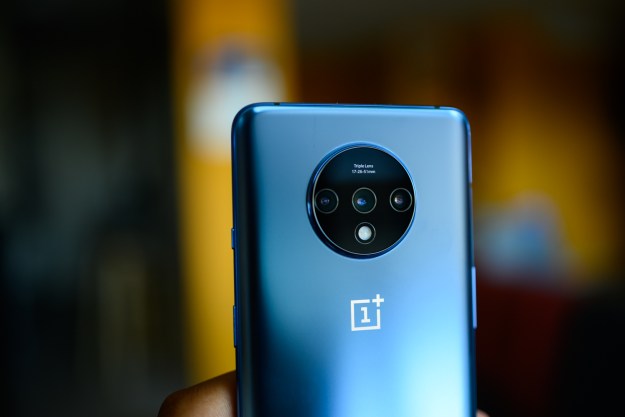
Suspicions against Lyft first arose when an independent internal Uber investigation found that an IP address “potentially associated with the breach” was traced to Lyft’s chief technology officer, Chris Lambert. But Lambert’s lawyer, former federal prosecutor Miles Ehrlich, has asserted that the executive “had nothing to do” with the breach.
“Given that Uber apparently lost driver data, a law enforcement investigation is to be expected,” Ehrlich told Reuters. “And the benefit is that the culprit here is going to be identified — and that’s going to remove Chris’ name from any conversation about Uber’s data breach, as it should.”
While officials insist that “no one has been accused of any wrongdoing,” and furthermore that it is “unclear whether anyone will ultimately be charged in connection with the breach,” Lyft is reassuring the world that it was entirely uninvolved with the unfortunate incident.
On Friday, the pink mustache company repeated that it had already established “no evidence that any Lyft employee, including Chris, downloaded the Uber driver information or database, or had anything to do with Uber’s May 2014 data breach.”
Uber and Lyft have long been the two main players in the booming car service industry, though Uber is the larger of the two companies. Neither company is any stranger to controversy — issues with rules, regulations, and bad PR seem to be a constant struggle for both. However, this investigation, which may pit the two directly against one another, may be the most dramatic to date.
Editors' Recommendations
- T-Mobile suffers massive data breach … again
- Lyft, Uber to offer discounted rides to the polls on election day
- Uber and Lyft might adopt a franchise business model in California
- Uber and Lyft suspend carpool option to help prevent coronavirus spread
- Uber and Lyft face a cheaper ridesharing rival in New York City


